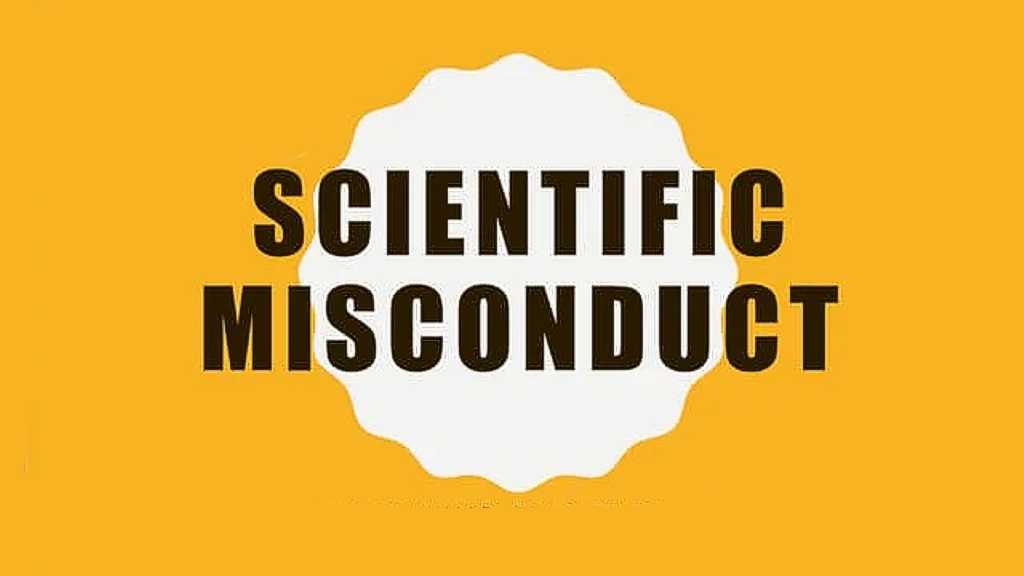It started decades ago.
Scientific misconduct has cast a long shadow over the fields of medicine and public health, significantly impacting public trust and posing serious ethical and legal challenges.
Cases from the United States, UK, and Australia reveal a troubling pattern, where scientific integrity is compromised, and often influenced by the commercial interests of multinational corporations.
This article explores these impacts, the erosion of trust in journals and institutions, and the legal consequences faced by entities engaging in or abetting such misconduct.
Erosion of Public Trust
Public trust is the cornerstone upon which the medical field rests. However, instances of scientific misconduct, particularly those involving pharmaceutical giants, have led to a growing public skepticism prompting some experts to initiate programs such as Restoring Invisible and Abandoned Trials (RIAT) initiative.
One notorious example is Study 329, a clinical trial funded by GlaxoSmithKline that misleadingly promoted the safety and efficacy of the antidepressant paroxetine in adolescents.
The misleading publication in 2001 has had long-standing effects on antidepressant use in children, contributing to a mistrust in pharmaceutical research.
The study exposed allegations of researchers miscoding side effects to the extent that serious adverse events occurred in 11 patients in the paroxetine group, five in the imipramine group, and two in the placebo group.
Ten of the 11 serious adverse events in the paroxetine group were psychiatric, for example, depression, suicidality, hostility or euphoria, some of the very issues the medications were indicated to treat.
In 2004, Dr. Elspeth Garland, a professor at the University of British Columbia, called attention to the “weak or non-existent evidence of efficacy” of SSRIs in this setting and the “serious psychiatric adverse effects” of paroxetine.
A British Medical Journal editorial documents that there has been no correction, no retraction, no apology and mostly no comment from the authors, journal editor, or from the universities where authors worked in 2001.
The RIAT analyses of Study 329 and the lack of any correction of the original flawed paper have major implications for clinical practice decisions being made on the basis of published clinical trials.
By Tony Nikolic







